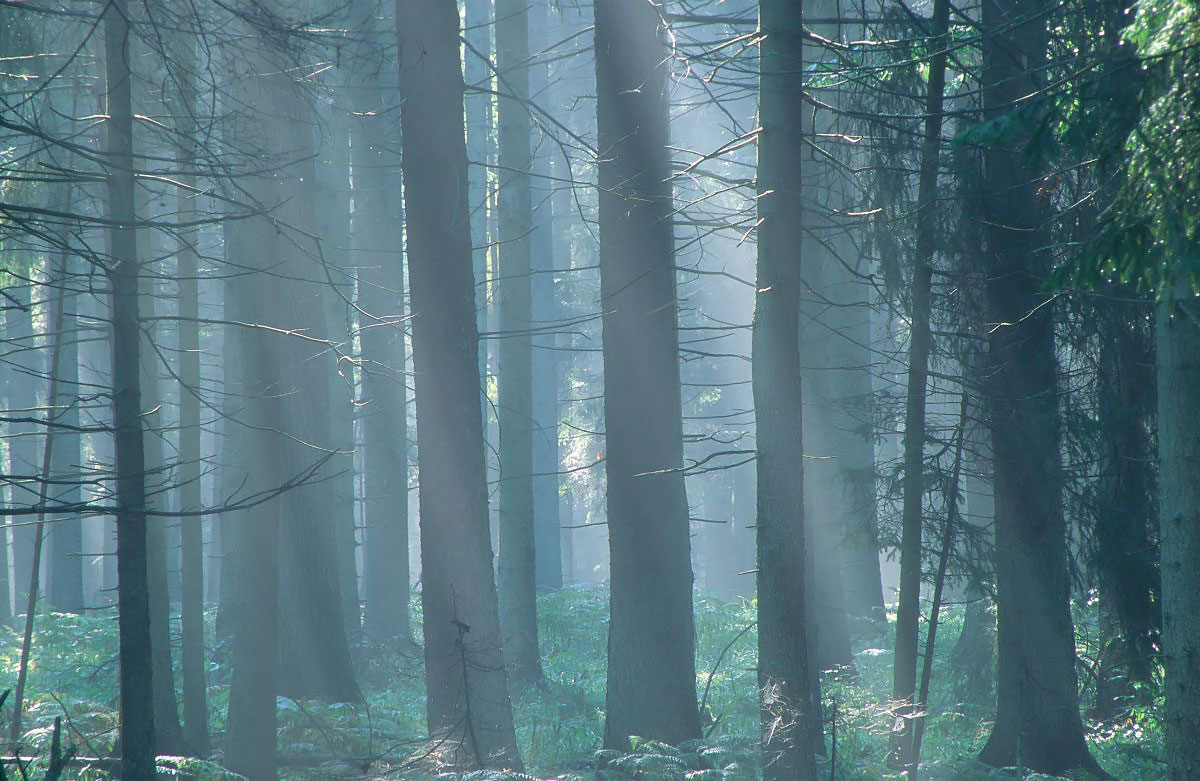Change is often incremental. Good change, usually glacial. That describes the update I recently received from a friend in Poland, anyhow, whose work I had just profiled in Earth Island Journal, here.
His group’s efforts to win additional protections for the Bialowieza Primeval Forest, a UNESCO World Heritage Site and Europe’s largest lowland old growth forest, had experienced a euphoric high this fall when the country’s Environment Minister announced a plan to expand protections by an ambitious 300%, and called for a conference at the forest’s park HQ.
The backdrop was the forest itself, crowding in around the HQ in a tiny tourist town, also called Bialowieza. It’s huge, pouring itself across Poland’s eastern border into Belarus and running thick with wolves, bison, boar, lynx, marten, roe deer, and more, as well as ancient oaks, pines, beech, lindens, and more. Activists packed in with signs and cheered the Minister’s pronouncements of an expansion of the Park — though the forest is large, at 200 square miles on the Poland side alone — the Park only encompasses 39 of those miles. So there’s definitely room for more protection, you’d think. All other parts of the forest are in so-called reserves and are logged, hunted, and picked over for herbs, mushrooms, and more.
These are good uses in many places, but as a researcher for Warsaw University put it to me for the Earth Island Journal piece, would you take bricks from the king’s castle in Krakow to make new houses? We need bricks, of course, but we should produce them in modern factories. His point is that this forest is priceless, an invaluable lab for ecological study, and its pieces need to be kept in place.
So when the negotiations degenerated and the Minister stepped down from his post (likely at the direction of politicians more powerful than he), and the pro-expansion Park Superintendent was reassigned elsewhere, forest activists accepted the reality of a deal that will likely result in a mere 3% increase in the Park’s size.
But that’s another 7000 hectares of the forest protected from hunters, developers, and oil companies like the Russian monster Lukoil which infamously proposed in 2008 to build an oil transport center within the forest, in the midst of a favored hunting ground for lynx.
It’s a small improvement, glacial for sure, with several political casualties and not even enough to guarantee a future for the Bialowieza and its denizens. But it’s a start.



